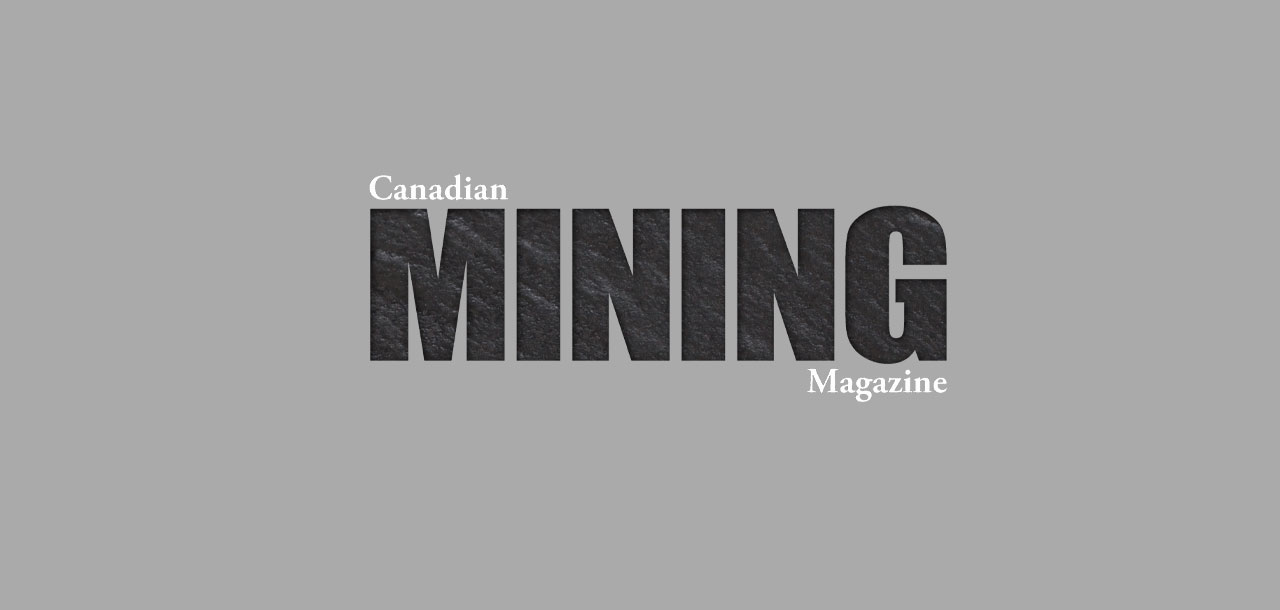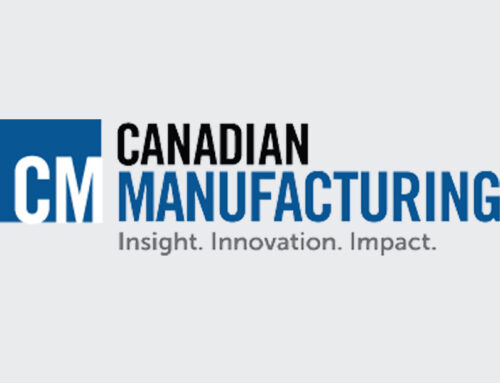The COVID-19 pandemic has been extremely hard on many industries, and mining is no exception; there have been nearly 4,000 positive COVID-19 cases reported and close to 250 others attributed to community spread globally.1 As operations resume or ramp up, it’s only natural for mining leaders to be unsure of how to proceed. How can you spread the word about how hard you’re working to protect people and mitigate risk? What can you do to build (or rebuild) your reputation as a respected leader in your field?
Over the course of the pandemic, my PR agency, Broad Reach Communications, has helped many executives craft their communication strategies. Many had never had real cause to pull out their crisis communications plans before, and it wasn’t easy for them to know what to do. The time we’ve spent guiding them through those challenges over the last few months has allowed us to develop a robust set of best practices for COVID-19 communications.
While most Canadian jurisdictions are experiencing quite a low number of cases, health experts are still advocating for caution and we are still in crisis mode because there could very well be new outbreaks coming. We all need to learn from everything that has happened so far so we can react quickly and more effectively should another wave hit. Now is the time to establish your communication approach and build your reputation as a leading mining company that cares deeply about its people and the communities in which it works.
Here are some of the top things to keep in mind as you define your communications approach in the coming weeks and months. I also encourage you to download Broad Reach’s recently released report, which goes into more detail on these and other best practices.2
Live Your Values
First things first: look to the values you’ve already established as a company. These are your guiding principles, and you want to remember them in everything you do. Things in the world are different now, but what drives your company should not be. Model your values so that your employees, customers, and stakeholders understand that they are at the very core of everything you do.
Be Human
It can be very tempting to fall back on corporate speak, particularly when there are difficult messages to be shared. Resist! There has never been a better time to eliminate overly massaged, jargon-filled messaging from your toolkit. What would you rather see: a heavily rehearsed corporate talking head, or a leader speaking off the cuff and from the heart? Look to leaders like BC Health Minister Bonnie Henry for examples – throughout this crisis she has shown her true self, sometimes letting emotions come through, and her approach has resonated widely.
Employees respect leaders who aren’t afraid to admit they don’t know everything, who are accountable for their missteps, and who cultivate an environment of candour. No one expects you to have all the answers; they know you’re not working from an established playbook. What they expect is for you to listen and be real.
Act Fast
When a crisis hits, your early response sets the tone. You may not have a comprehensive strategy figured out, but the sooner you can get ahead of an issue and start to tell people how you’re addressing it, the better. Here are some easy crisis communications basics to keep in mind:
- Face the issue directly – ignoring an issue never works;
- Acknowledge its severity – don’t try to play it down;
- Take control of the story – get your point of view out there;
- Correct misinformation and don’t hide – tell the whole truth; and
- Take ownership – don’t play the blame game.
Put Your People First
Put yourself in your people’s shoes. Everyone has been under tremendous stress these last few months, trying to figure out how to care for children and older relatives, keep everyone happy and healthy, avoid spreading the virus, and – hopefully – still bring in an income to support their families. Take the time to really listen to your people to understand how they’re feeling and what they’re going through.
Make sure you allow for employees to take time when they need it. It likely won’t be possible to schedule workers exactly the way you used to. Make it clear that you respect their new reality and that you are making room for them to tend to their expanded responsibilities. Also, encourage your people to take time for themselves when they’re not at work. You can be a model here, too, by talking about the stress relief you get from your morning jog or your daily meditation session.
You can take this a step further and become a health and wellness coach for your people. The best leaders are proactively providing resources and information to support their employees – the more you can help them maintain their physical and mental health, the better they will perform at work. There are all kinds of resources on the internet (so be sure to choose ones from respected health experts) that can be easily shared to educate or inspire your people across every aspect of their health: immunity, sleep, stress/mental health, food/recipes, exercise, yoga, mindfulness, and more. You could even encourage your people to share their own favourites too.
And of course, when people are back at work, nothing is more important than putting stringent protective measures in place. Protecting your people is always going to be job one.
Prepare for the Future
We will continue to see a gradual, uneven opening and loosening of restrictions. Similarly, your people’s feelings about working in close proximity to others will vary widely and will evolve at different rates. What’s important is that you account for different attitudes, feelings, and risk appetites. A one-size-fits-all approach won’t work.
We shouldn’t be surprised if a new surge necessitates re-closures or new, tighter measures at some point. But we’ve been through this. What we can do now is learn from what we’ve been through. Think about what worked well, and what didn’t. What resonated with your people, your customers, and your external stakeholders? Incorporate those into your own list of best practices so you’ll be ready for any next waves. It won’t be easy, but at least we can anticipate and plan.
I know it’s nerve-wracking to know that the world is watching, and even more to know that lives are at stake. However, if you draw on your company values, bring humanity to your communications, act quickly, make your people your top priority, and learn from the past as you prepare for a resurgence of cases, you’ll emerge from this crisis stronger than ever, with a reputation as a dependable, relatable, empathetic industry leader.






